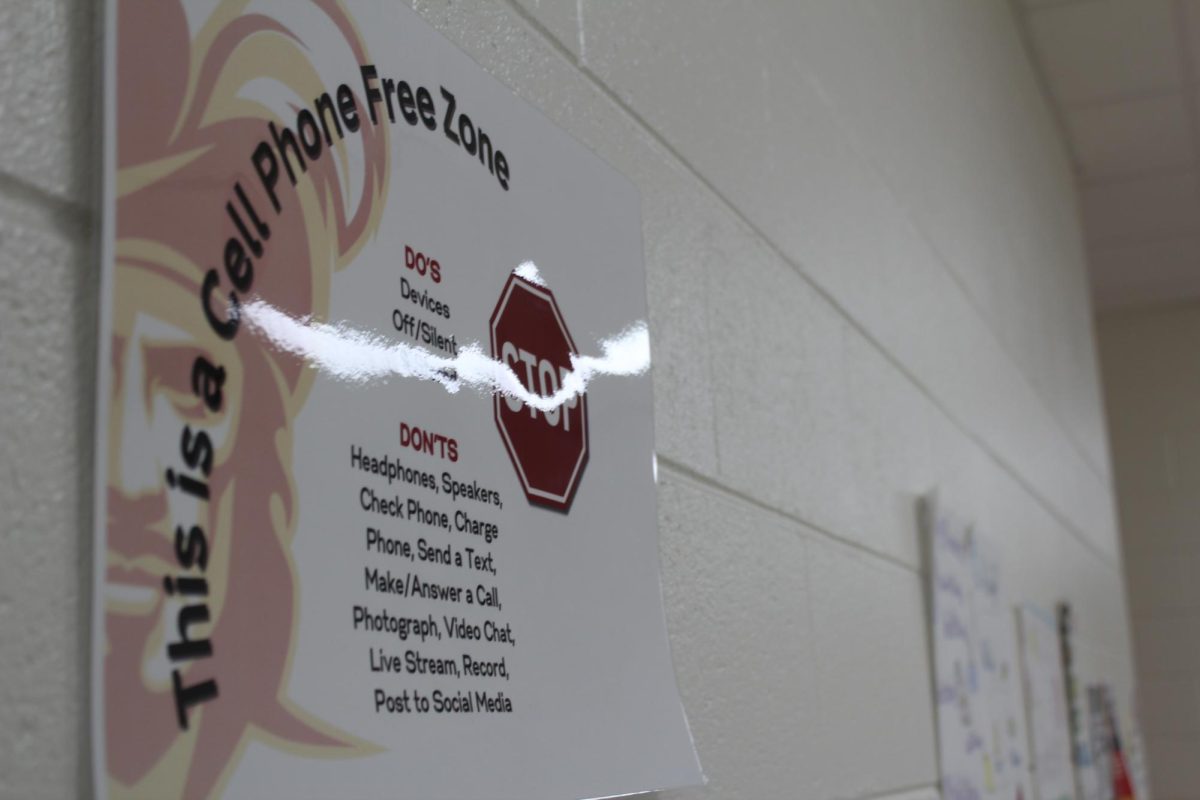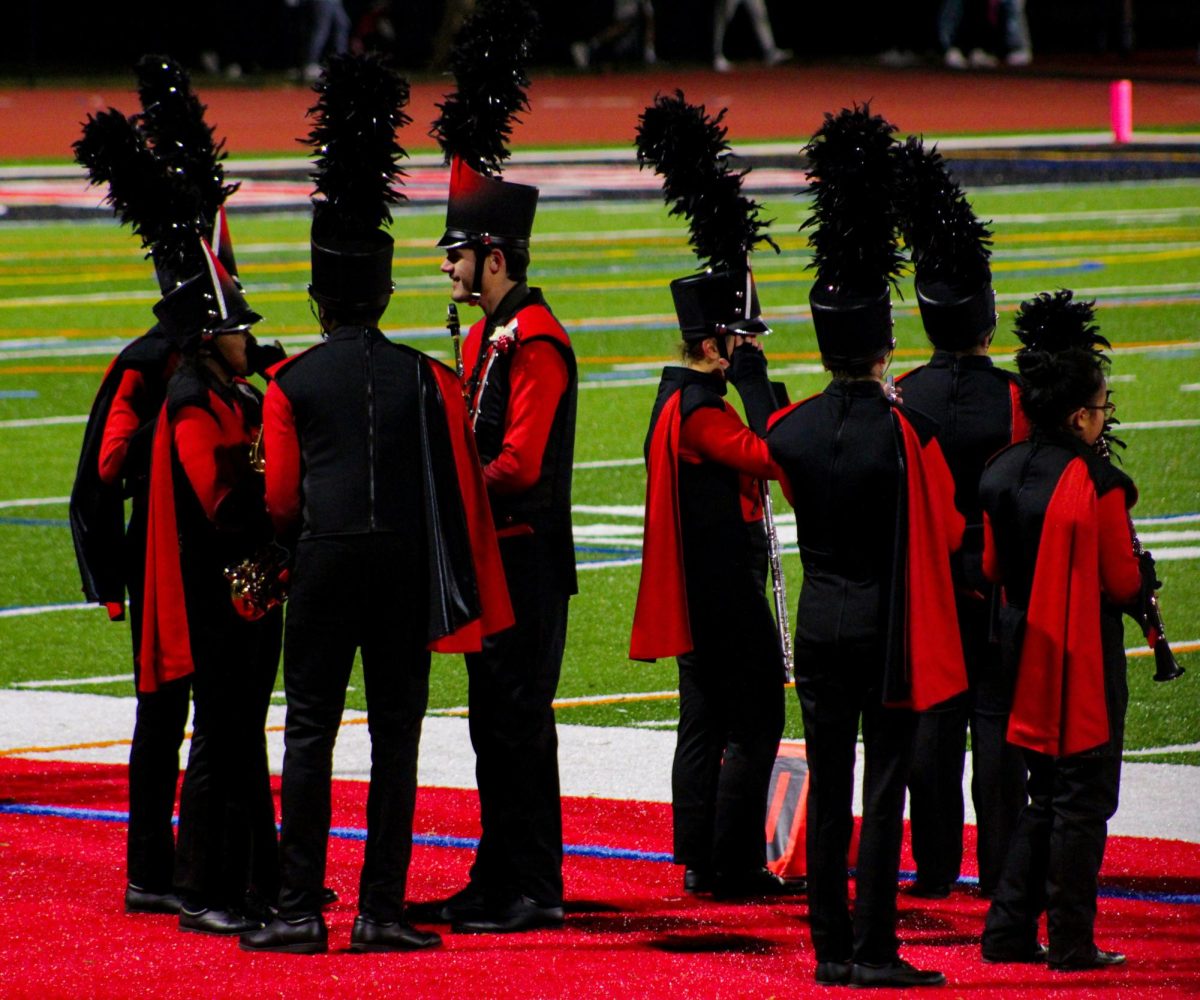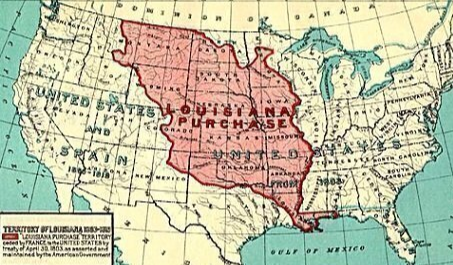Many advanced high school students face the decision between AP (Advanced Placement) or Dual Enrollment classes at least once in their high school career. There are pros and cons to both options; however, one is probably better for students’ specific goals and aspirations. The more you know about the advantages and disadvantages of both, the easier it will be for you to make the right decision that best benefits your future.
Compare
Both AP and Dual Enrollment classes are typically more difficult than the average high school curriculum. They are mainly to prepare you for college and can be taken alongside other high school classes in order to gain college credits. Taking these classes can demonstrate to colleges that a student is motivated to succeed, hard-working, and dedicated. They can also help students graduate college early if they go in with some credits. Some reasons to take higher level classes are to boost a student’s GPA, or grade point average; develop skills necessary for college; or be challenged more than in typical high school courses.
Contrast
One of the benefits of AP classes is the credits obtained through them. They are generally accepted in colleges and universities nationwide, while dual enrollment credits are typically more accepted at in-state schools. However, AP credit transfers depend on the university. At the end of an AP course, there is a test graded on a scale of 1-5 that is required to obtain college credit for that class. This test costs around 100 dollars and is nonrefundable if the student does not pass the test. On the other hand, dual enrollment is a free program in which high school students can take college courses at the participating college.
Eligibility
Many high schools in Virginia let any student enroll in AP courses as long as they have completed the prerequisite classes. Others may have placement tests that students have to pass in order to sign up for an Advanced Placement course. Conversely, for dual enrollment, students have to obtain parental permission, submit an application, and meet the criteria set by the participating college.
Conclusion
Each college-bound student at GHS is on an individual path, all going to different universities to receive different degrees. Some colleges will take AP, while others will only take dual enrollment credits. With this guide, hopefully, you will be able to pick the type of classes that are best for you and your future.















































